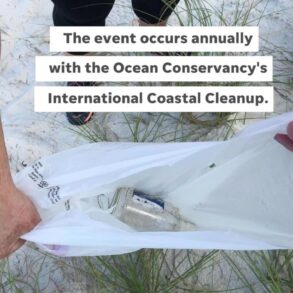Two men have been sentenced to jail in London for selling more than £2.6 million (around $3.2 million) in fake fine art attributed to Salvador Dalí and Pablo Picasso.
A six-year money laundering investigation by Sussex Police found Behrad Kazemi and Raj Nasta had sold works by Dalí for £2,000 to £3,000 and works by Picasso for £5,000 to £20,000 each to more than 125 victims between October 2016 and June 2018.
The scheme involved cold calls from a company called Asset Consulting Services and Treasury Asset Group and encouragement to buy artwork instead of traditional investments.
A press statement from Sussex Police noted many of the victims were vulnerable and elderly, with some of them not knowing they had been conned until contacted by police. Some had paid over £150,000 to the scheme and lost their life savings as a result.
Suspicions arose after the victims and their families could not longer contact Asset Consulting Services and Treasury Asset Group. Artist signatures on the artworks were discovered to be false and the actual value of the works sold was between £200 and £300.
The investigation prompted a warrant on Kazemi’s property in June 2018, the seizure of the suspects’ phones, and an examination of company and banking records. Looking into the records, authorities discovered that funds had been transferred overseas, as well as the suspects’ membership in an organized crime group.
Kazemi was charged with money laundering, while Nasta was charged with money laundering and false accounting.
On March 13, Kazemi was sentenced to four years and nine months in prison; Nasta received a three-year prison sentence. Both men were sentenced at Lewes Crown Court in East Sussex, England.
Detective Constable Annette Woodland, of Sussex Police’s Economic Crime Unit, noted the sophisticated nature of the scheme, which left many victims angry, embarrassed, and suffering major financial losses: “This was a complex and thorough investigation which took lots of hard work across multiple teams. It was extremely distressing for the victims involved who have had to face years of emotional turmoil while it was carried out.”
Woodland added: “Anyone could be affected by a similar type of crime. The fraudsters are manipulative, they will be chatty and friendly, and will encourage conversations about family, hobbies and holidays to gain your trust. It is despicable.”
This post was originally published on this site be sure to check out more of their content






